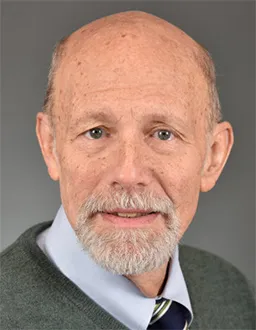John Glazer, MD
Senior Attending Psychiatrist, Department of Psychiatry and Behavioral Sciences

John Glazer, MD
Senior Attending Psychiatrist, Department of Psychiatry and Behavioral Sciences
Medical Services
Medical School
Residency
Residency
Fellowship
Clinical experience in my third and fourth years of medical school in adult medicine, surgery, obstetrics & gynecology, and pediatrics made clear that my sense of professional identity and commitment resided in the care of children and families, making pediatrics a clear choice for residency training. It was during pediatric internship that a visionary program linking pediatric interns to psychiatric social workers in the care of children with cancer awakened what was to become an abiding passion in clinical work at the interface of pediatrics and pychiatry. My professional trajectory was set: Residency training in child and adolescent psychiatry following that in pediatrics, and a career as a child psychiatrist serving the mental and behavioral health needs of children hospitalized with serious medical illness, and those in psychiatric crisis served by pediatric emergency departments and inpatient programs.
As a physician trained in both pediatrics and child & adolescent psychiatry, both my clinical and scholarly interests focus on the interface between them, particularly in addressing the common misperception that the mind and body are inherently separate and operate by different mechanisms. This dilemma of western medicine dates at least to the 16th century French philosopher Descartes’ concept of “mind/body dualism” which has been profoundly influential in how doctors think about and treat patients, and which modern neuroscience has proven to be invalid. As a clinician, I see many children and youth with chronic pain and other “somatic” symptoms which are unexplained or not fully explained by “medical” illnesses. Such children typically require clinicians with expertise in pediatric medicine and pediatric psychology and psychiatry to fully understand them and to provide relief of symptoms. My scholarship reflects this focus on elucidating the complex ways in which the “mind” and “body” interact, at theoretical and clinical levels. For example, I have written textbook chapters on the psychological aspects of childhood cancer.